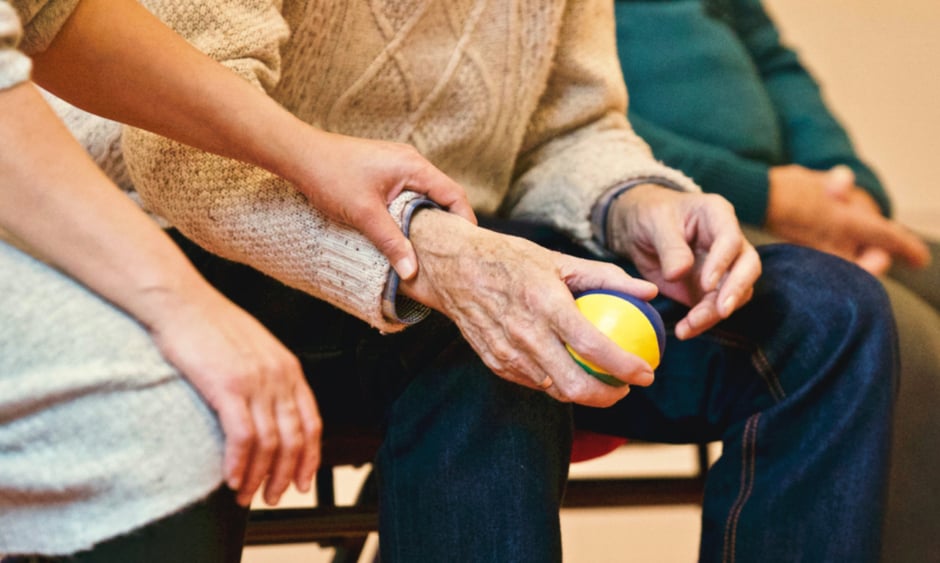ACCORDING to the researchers at Karolinska Institutet, Sweden there is no significant mortality difference in patients with pacemaker implantations following a transcatheter aortic valve replacement compared to those without pacemaker implantations. The aortic valve regulates blood flow to the main artery in the body, and transcatheter aortic valve replacement is a popular treatment option for patients with severe aortic valve narrowing. The procedure entails the insertion of a catheter from the groin through to the main heart artery, which in turn acts a replacement for the malfunctioning valve and assists in modulating the blood flow. The transcatheter aortic valve replacement technique is a substitute for open-heart surgery.
The study involved a total of 3,420 patients who had undergone a transcatheter aortic valve replacement via groin leg incisions in Swedish hospitals from 2008–2018, with an average age of 81 years old. Out of the total number, 481 (14%) had received a pacemaker within 30 days of the procedure. The aim of the study was to compare the survival rates between those who had the pacemakers, and those who did not. The results according to the researcher revealed that there were no remarkable differences in the risk of heart failure, death, or endocarditis between the two groups.
“Our study contributes to understanding the impact of pacemaker implantation after transcatheter aortic valve replacement, which is becoming increasingly important as the use of this method expands to include younger and low-risk patients with a long life expectancy,” says Natalie Glaser, researcher at the Department of Molecular Medicine and Surgery, Karolinska Institutet, Sweden; and the study’s corresponding author. However, the researchers concluded that more research would be required involving a wider population, such as a younger, low-risk patients to ensure that these results could be replicated.








